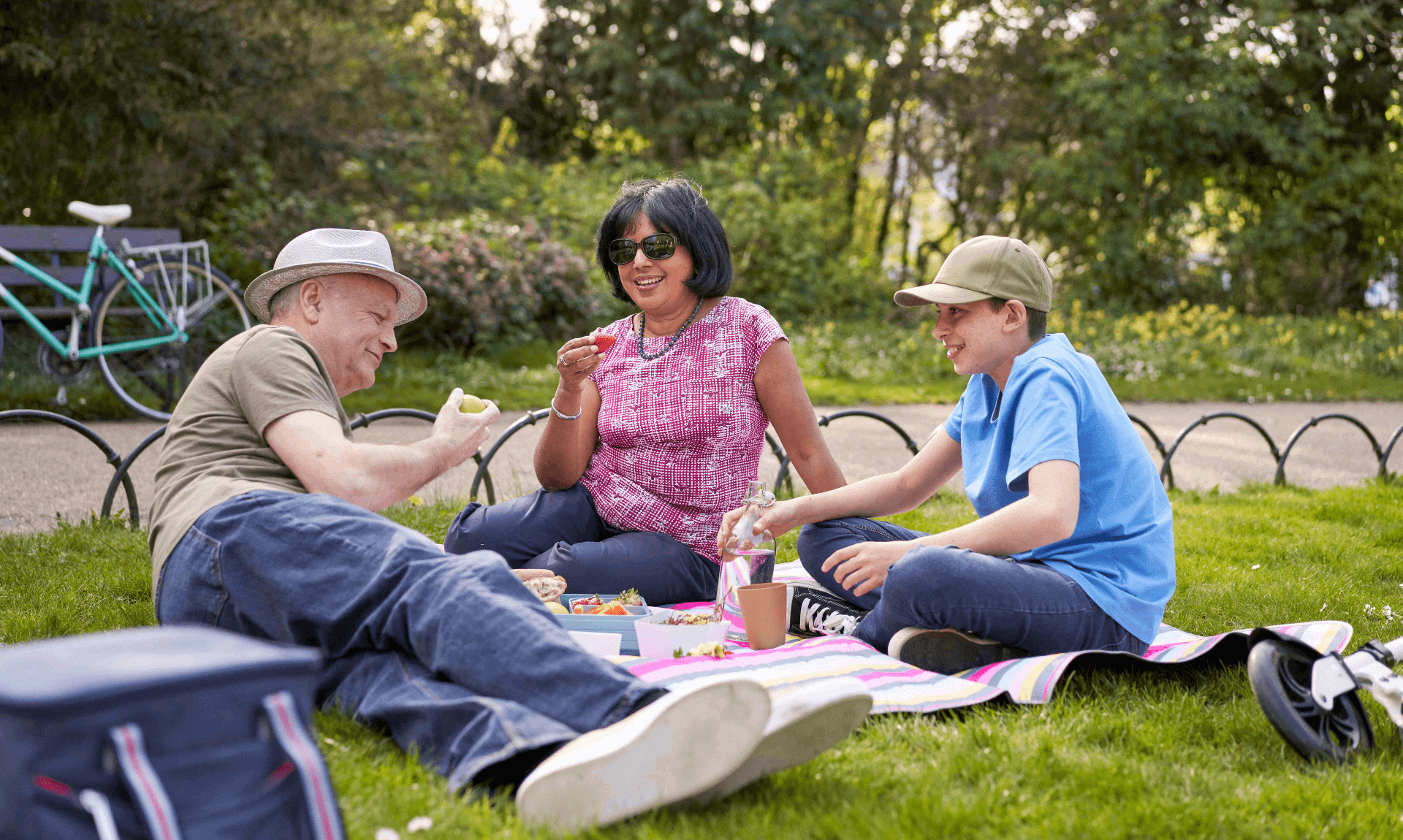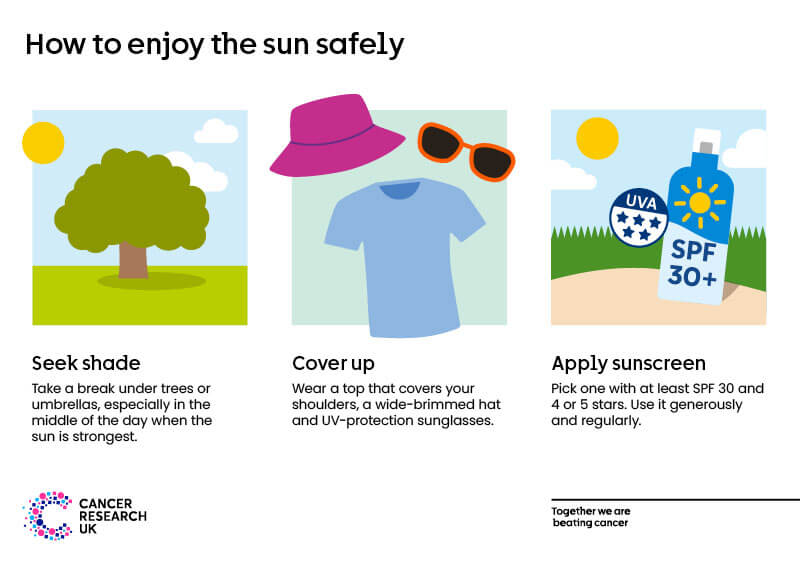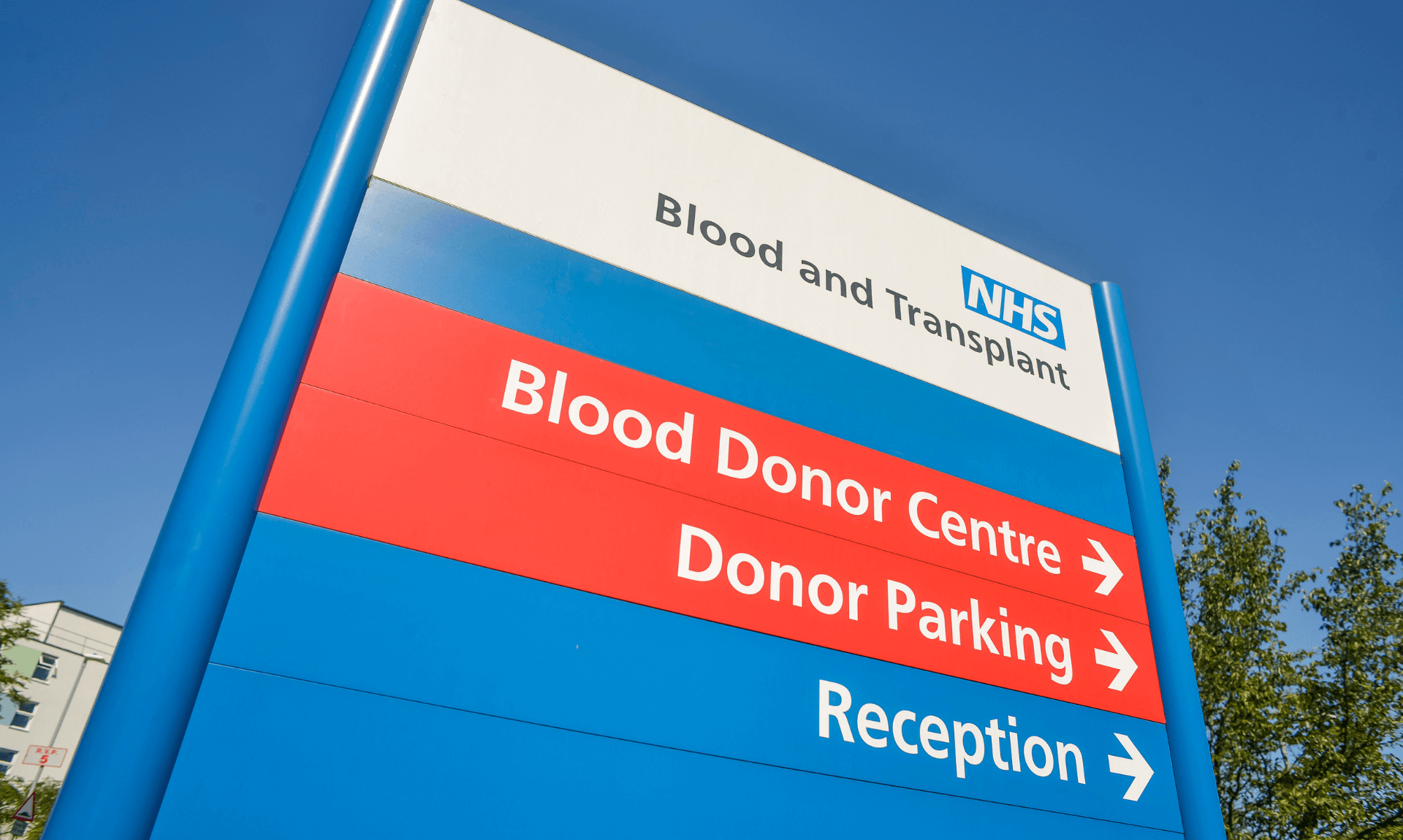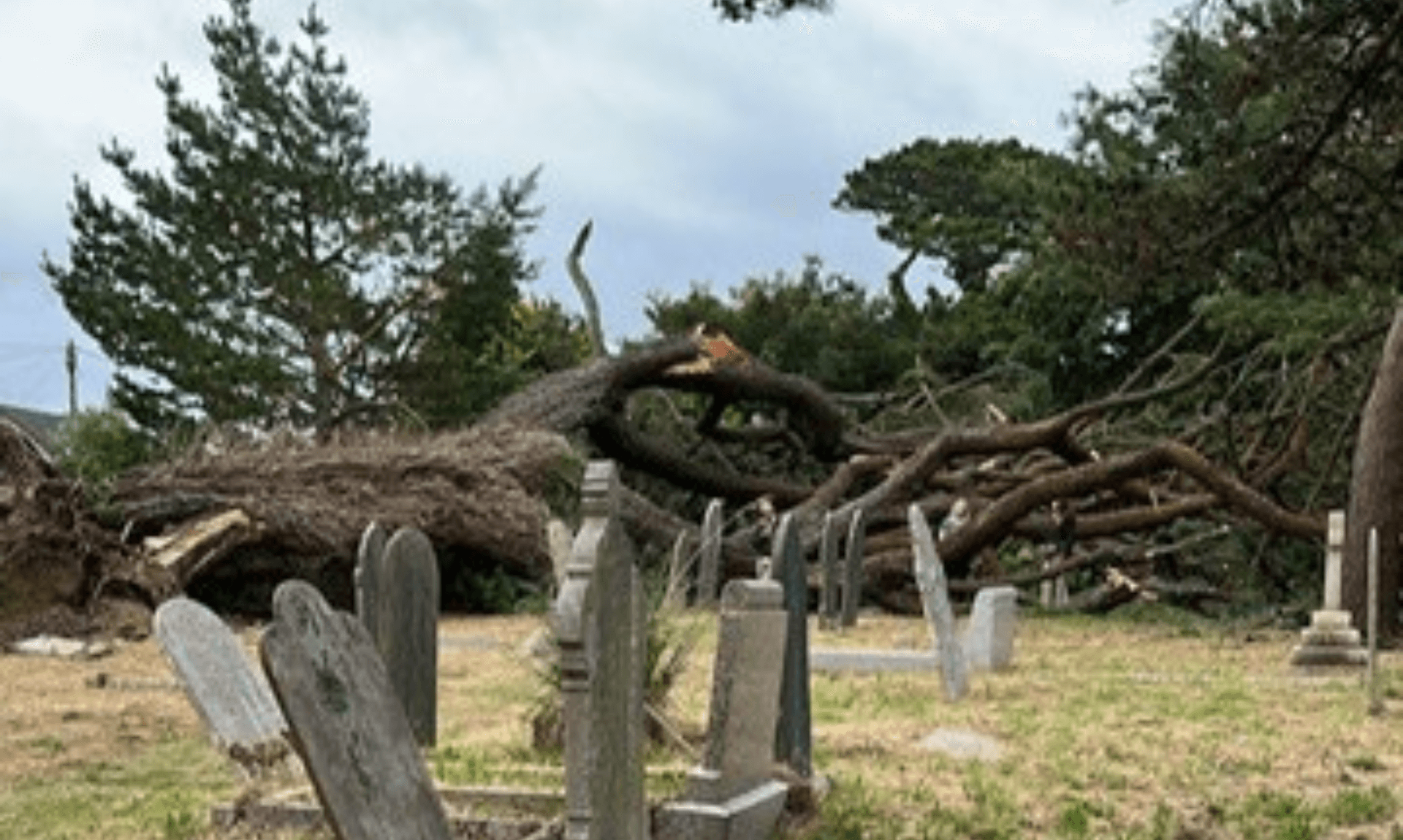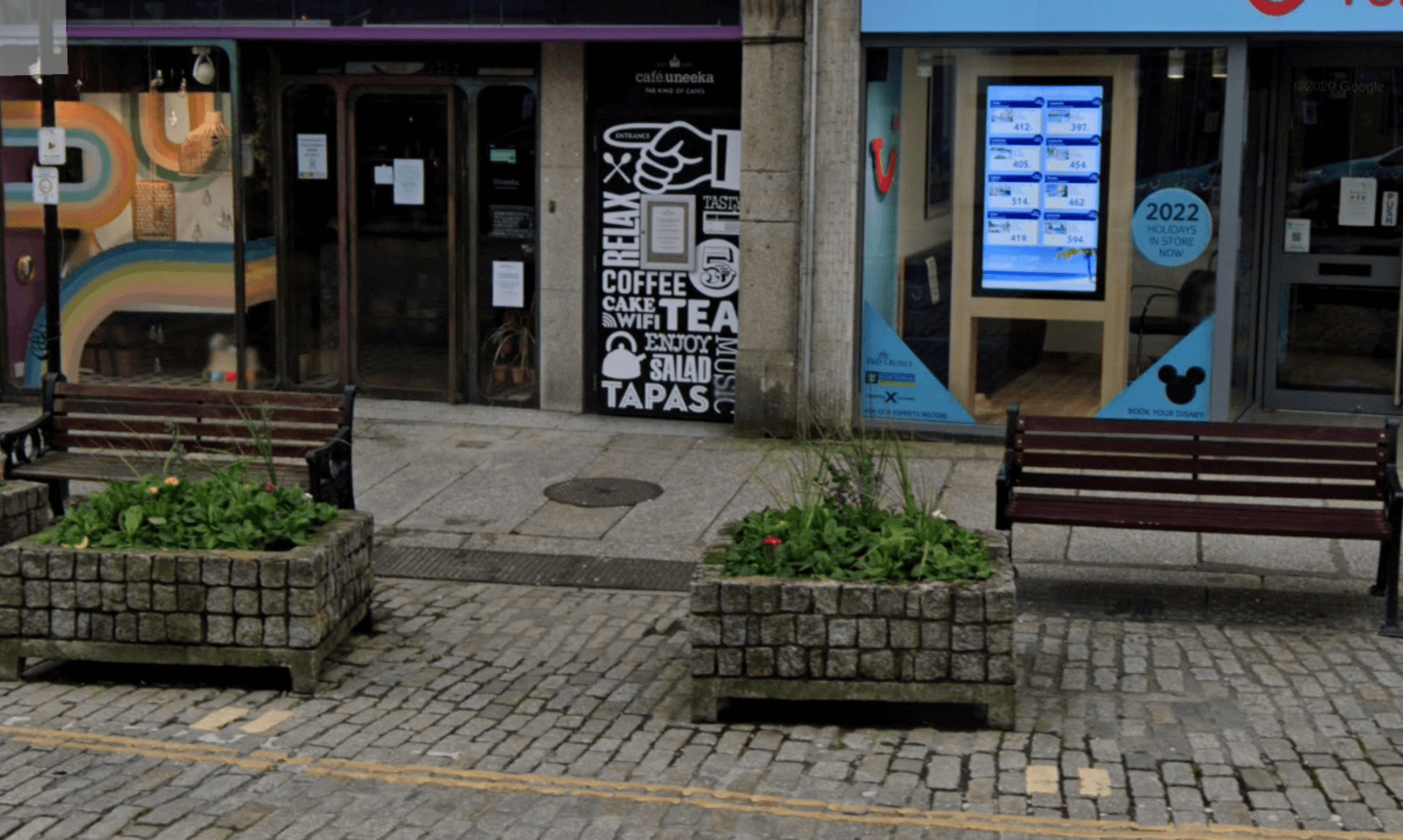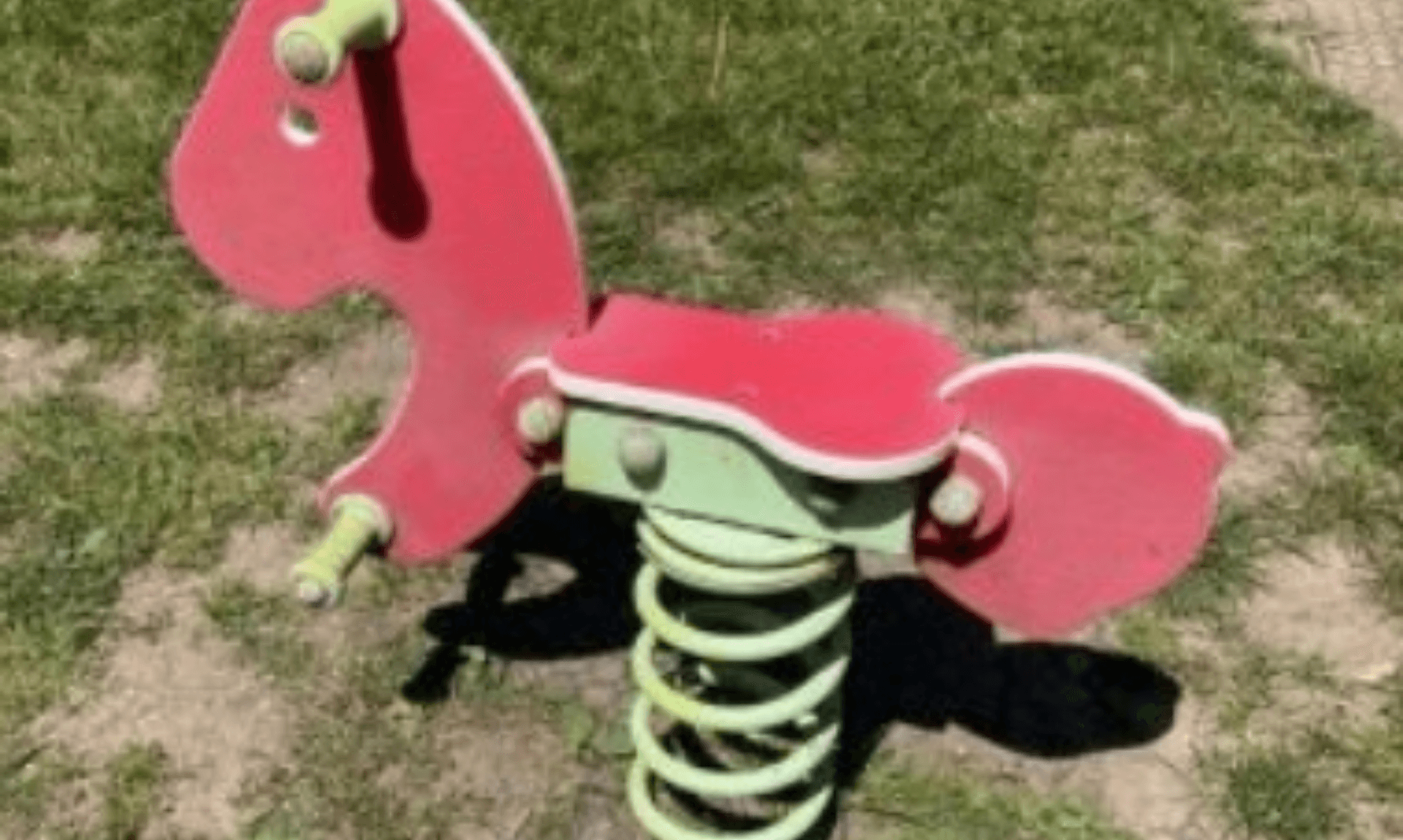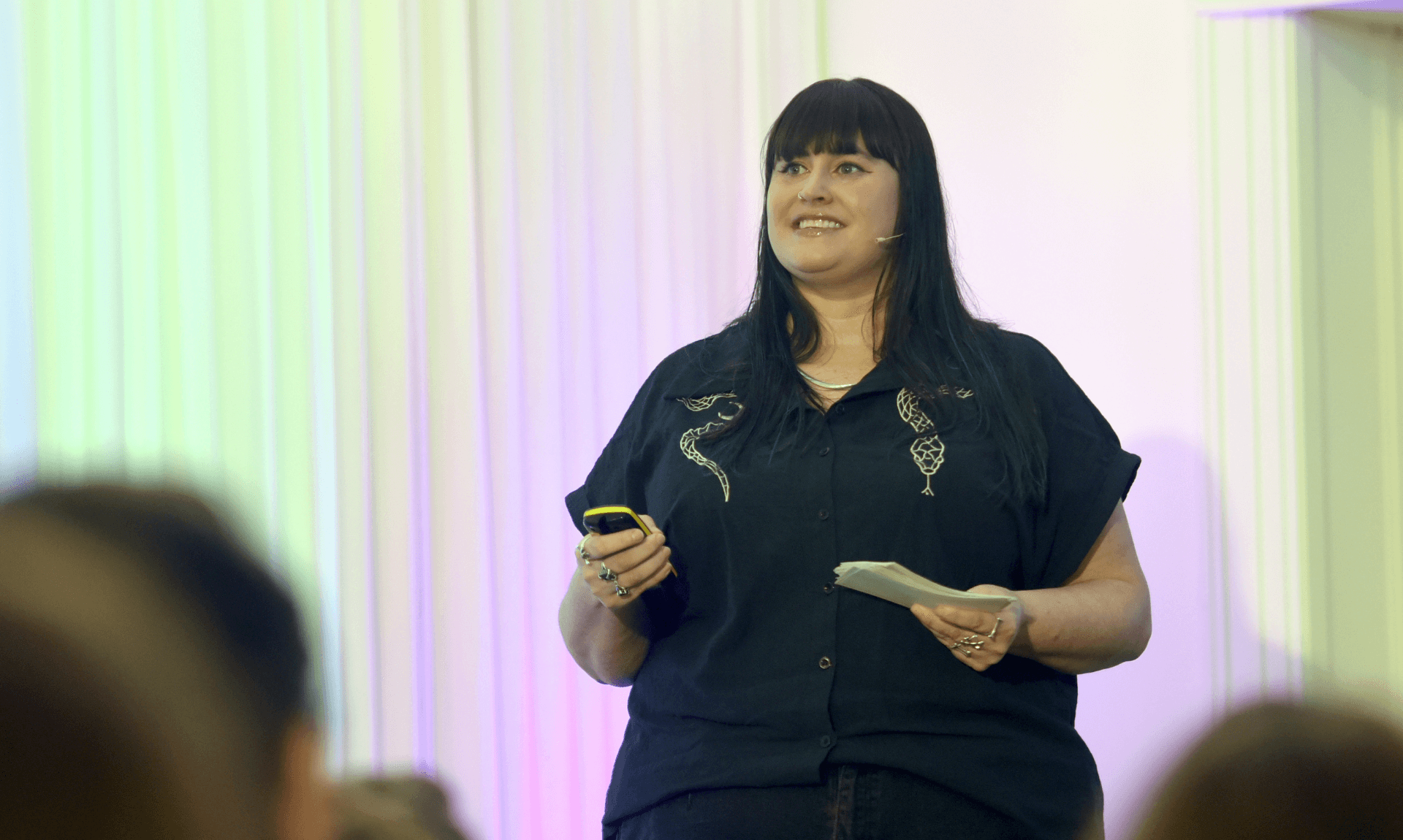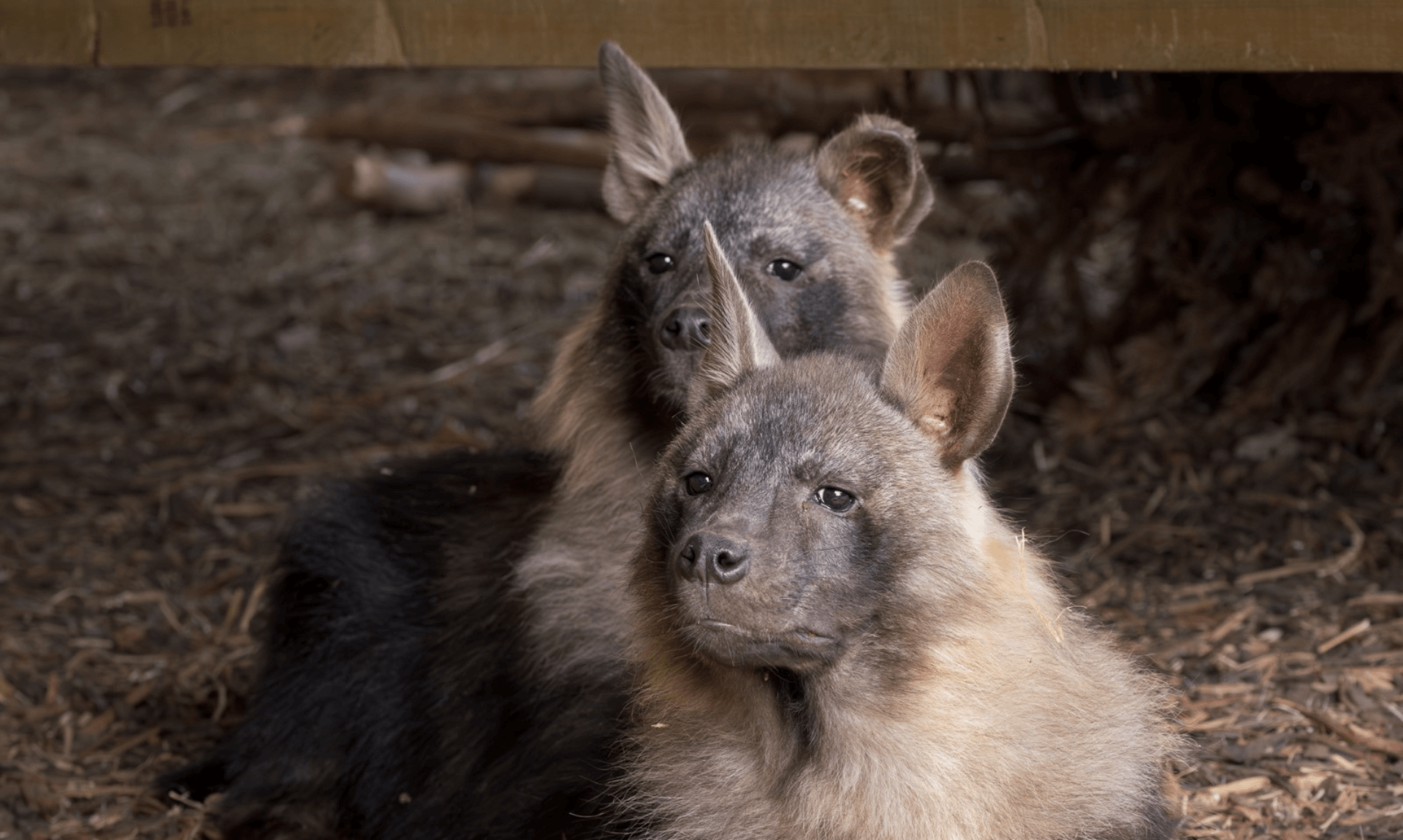Think You’re Safe in the Sun? Where Skin Cancer Strikes Might Surprise You
New figures show the South West sees over 2,000 cases a year – and clothing choices could play a part
People across Cornwall are being urged to protect themselves in the sun this summer, as new analysis suggests what you wear could influence where skin cancer develops on your body.
Around 2,100 cases of melanoma skin cancer are diagnosed every year in the South West, with approximately 190 men and 130 women in the region losing their lives to the disease.
According to new data from Cancer Research UK, where the cancer appears on the body may be linked to typical clothing choices.
What the data shows
From 2018 to 2021, the most common area for men to develop melanoma was the torso (back, chest and stomach), accounting for 40% of diagnoses – roughly 3,700 cases a year across the UK.
For women, it’s the lower limbs – from hips to feet – that are most affected, with more than a third of cases appearing there. That translates to around 3,200 cases a year nationally.
Cancer Research UK says these patterns could be influenced by sun-related behaviours such as how much skin is exposed and how sunscreen is used.
Elisa Mitchell, Cancer Research UK’s spokesperson for the South West, said:
“Skin cancer rates across the UK are set to hit a record high this year, but the good news is most cases are preventable. So, as the weather gets warmer, it’s really important to look after yourself in the sun.”
What’s causing the rise?
Clothing choices in hot weather – such as men going shirtless or women wearing skirts and shorts – may be exposing areas of skin to harmful UV rays. Body surface area also plays a role, as men’s torsos and women’s legs generally account for larger portions of their bodies.
The charity says 87% of melanoma cases – around 17,100 each year in the UK – are caused by overexposure to ultraviolet (UV) radiation.
Elisa said:
“Getting sunburnt just once every couple of years can triple your risk of melanoma skin cancer, compared to never being burnt. That’s why we’re working in partnership with NIVEA Sun to remind people to seek shade, cover up and apply sunscreen regularly.”
She also warned that in the South West, UV rays can be strong enough to cause damage between mid-March and mid-October – even on cloudy or cool days.
Sun safety tips
Cancer Research UK and NIVEA Sun recommend three simple steps for staying safe:
-
Spend time in the shade, especially between 11am and 3pm
-
Cover up with clothes, a wide-brimmed hat and UV-protection sunglasses
-
Apply sunscreen with at least SPF 30 and 4 or 5 stars generously and regularly
For more advice and tips, visit Cancer Research UK’s Sun Safety page
The good news
Thanks to ongoing research and improved awareness, more than 9 in 10 adults (94%) diagnosed with melanoma in the South West now survive for five years or more.
Elisa added:
“Improvements in skin cancer survival rates highlight the remarkable progress driven by our research. But the growing number of people diagnosed with melanoma in the region, and across the UK, is still concerning.”
“If you notice anything different on your skin like a new mole, a mole that’s changed in size, shape, or colour, or any patch of skin that looks out of the ordinary – don’t ignore it, speak to your GP.”
Cancer Research UK has been studying the links between UV exposure and skin cancer for nearly 100 years and continues to pioneer new ways to prevent, detect and treat the disease.
Share This Story, Choose Your Platform!
To keep up with the latest cornish news follow us below
Follow CornishStuff on Facebook - Like our Facebook page to get the latest news in your feed and join in the discussions in the comments. Click here to give us a like!
Follow us on Twitter - For the latest breaking news in Cornwall and the latest stories, click here to follow CornishStuff on X.
Follow us on Instagram - We also put the latest news in our Instagram Stories. Click here to follow CornishStuff on Instagram.
You Might Also Be Interested In
Latest News In Cornwall
Daily Cornish news by email
The latest daily news in Cornwall, sent direct to your inbox.

